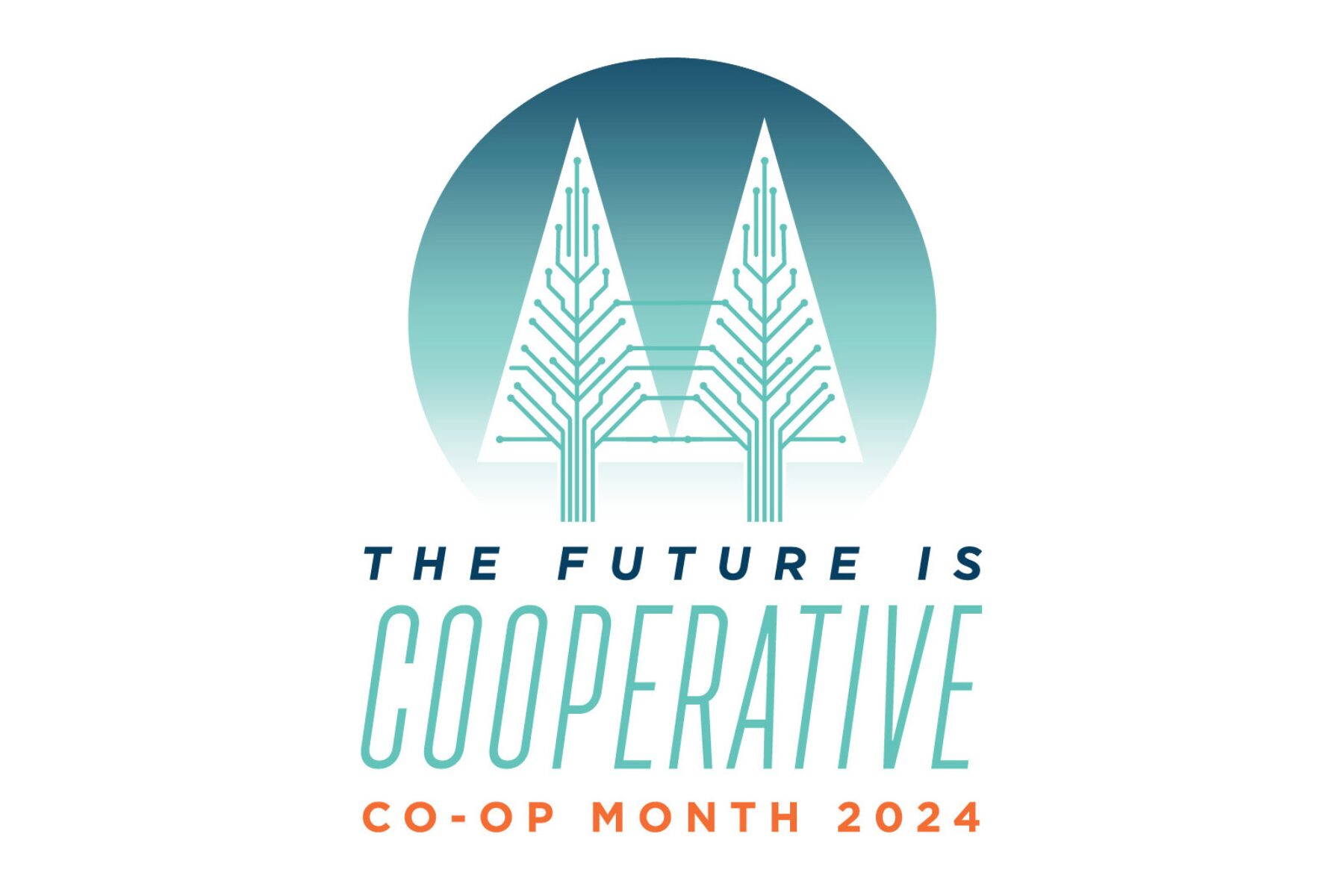
Celebrating Another Year as a Worker-Owned Cooperative
January 2025 will mark four years since Regenerative Design Group (RDG) became worker-owned and officially added Cooperative to its name. This transition was a vision that the founders held from the beginning and became a reality after several years of planning by a steering committee of founders and employees, with support from the Cooperative Development Institute.
For me, the shift to a cooperative structure at RDG was especially meaningful because of having worked previously with Fair Trade farmers’ cooperatives in Nicaragua. As a representative of a non profit and business partner for international export, I developed a lot of respect and appreciation for the equitable business management and social justice work of cooperatives, but I didn’t directly experience the transformational power of the democratic process. In celebration of Co-op Month, here are some reflections on the most significant changes I’ve experienced since RDG became worker-owned.
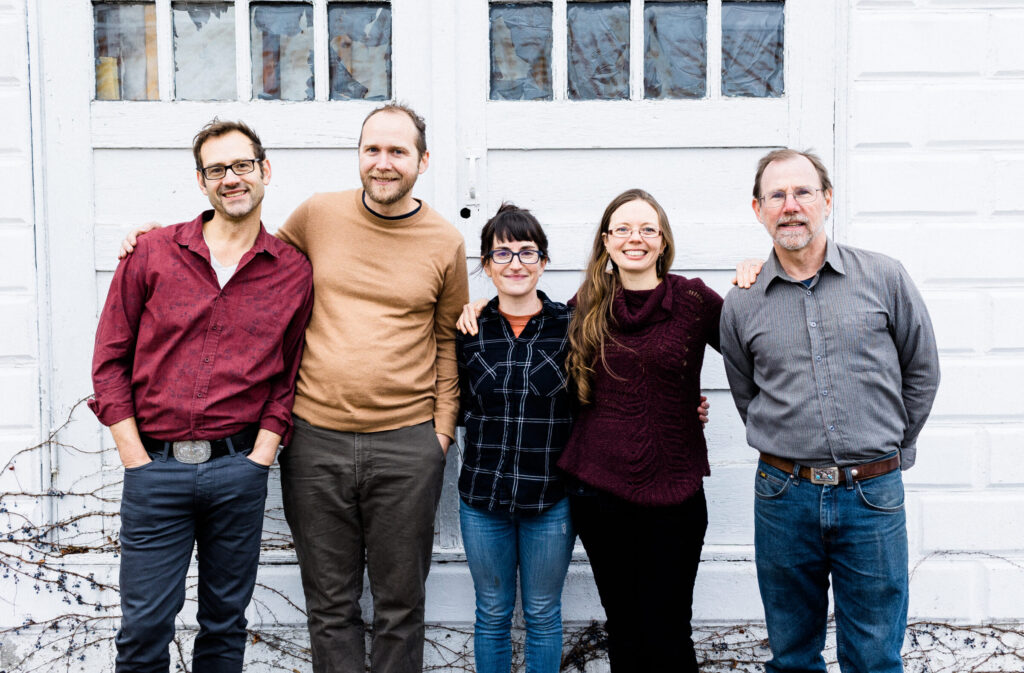
Workplace Culture
Before we became a cooperative, RDG employees were invited to participate in annual business analysis and strategy, chime in on whether to accept large projects or pro-bono work, and provide feedback to the business owners about the types of projects and services the company offered.
Given that we were already invited to the table for these types of business strategy decisions, there were moments during long steering committee meetings when I questioned whether this effort was worth it. Looking back, it absolutely was! I no longer need to rely on being extroverted or outspoken to make my voice heard. Participating in financial and strategic business decisions feels natural and expected, not bold.
As a co-owner responsible for making decisions that directly affect our financial future, I’m now much more motivated to understand the parts of the business that weren’t previously within my realm of responsibility. I’ve dedicated a lot of time to learning about financial planning, budgeting, and the overall mechanics of running a business. It’s a deeper level of involvement, and I care more about the success of the company for reasons other than maintaining my own paycheck.
Job Security and Personal Well-being
When my family had to relocate, I was so grateful for the added security of being a worker-owner. Because much of my work can be done remotely, I didn’t feel the usual stress or anxiety about how this change would affect my role at RDG. I also knew that any decisions about staffing or major changes would be made collectively, with transparency and care. This allowed me to focus on maintaining my work at the same capacity without fear of losing my job.
Fair and Transparent Profit Sharing
Originally, RDG’s founders implemented a system for planned profit sharing for projects brought in through personal connections and distributed profits at the end of the year through generous annual bonuses. While those bonuses were appreciated, the shift to a transparent, hours-based profit-sharing system has been a significant improvement. It’s much better to know that I have control over how much I might earn at the end of the year by working efficiently and managing projects well, rather than depending on the generosity of the business owners to decide my share (while wondering how it compared to my colleagues’ shares). The transparent process also allows all of the cooperative members to plan ahead financially for an anticipated good, or lean, year of profits.
Trust, Communication, and Deeper Connections
I’ll be honest—there are times, especially after a meeting spent dissecting the wording of a single sentence in our operating agreements, when I wonder if we’re communicating too much. But overall, I appreciate the way our conversations around governance have brought me closer to my colleagues. We’ve gone beyond just working together; now, I feel like I know them on a deeper level, thanks to all the time we spend hashing things out as co-owners, not just co-workers.
It’s true that increased responsibility comes with a bit more stress and the occasional frustration. Group consensus is not always smooth, even when you’re working with a small team of people who really like each other and have a lot of fun (working) together. But honestly, all those meetings and decisions lead to a deeper sense of pride in what we’re building at RDG.
I’m proud not only of the services we provide to the public, but also of the time and effort we put into how we run our company. The extra sense of ownership and pride that I didn’t experience until becoming a worker-owner is an unanticipated bonus for putting in the hard work—totally worth it!
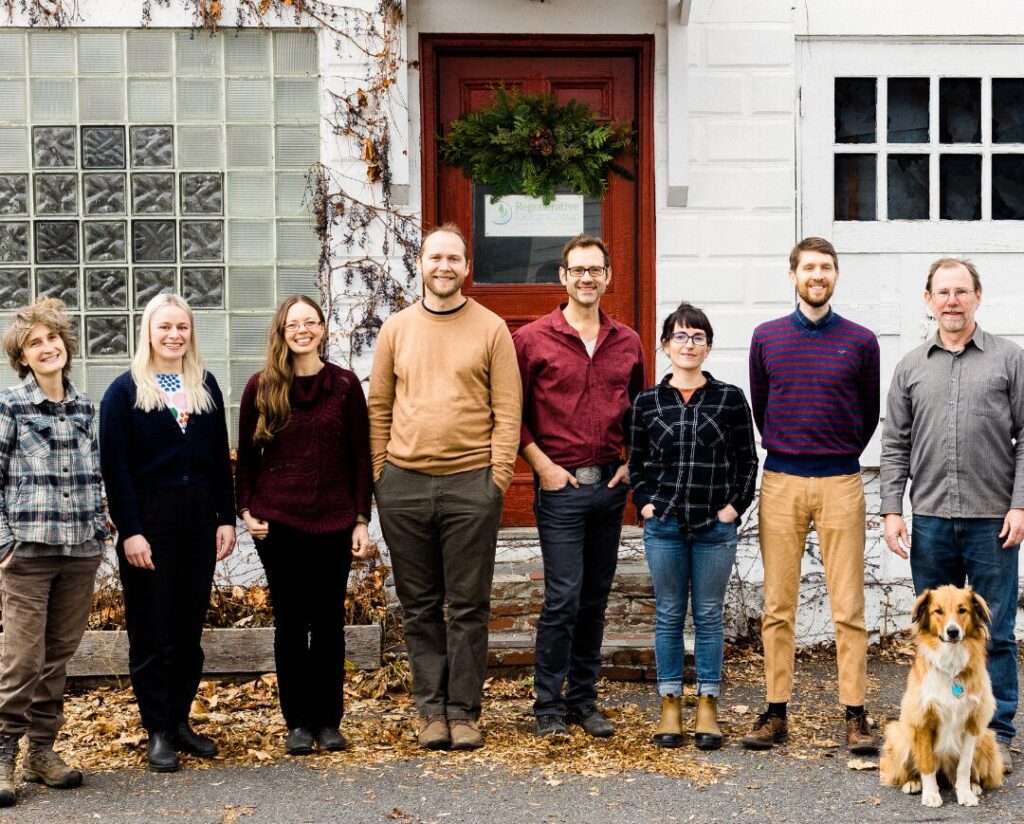
Our Future is Cooperative
Since becoming a worker-owned cooperative, our business structure has come up as a topic in a professional setting at conferences and networking events. I was pleased to see a workshop on Cooperative business management at this year’s national American Society of Landscape Architecture conference, and I connected with other design professionals from around the country whose companies implement other forms of employee ownership or are interested in learning more about how a cooperative structure works for a design and planning firm. Being a business owner opened up another dimension to connect with other professionals—one that is growing and gaining acceptance.
Looking back on almost 4 years as a worker-owned cooperative, I’m proud of what we’ve accomplished. The shift to cooperative ownership has transformed not only our decision-making process but also deepened our sense of care, responsibility, and pride in what we do at RDG. As we continue to grow, I know our cooperative structure will shape the future of our company, and I look forward to the changes that will bring.
by Rachel Lindsay, Head of Ecological Landscape Design, Senior Designer, and worker-owner

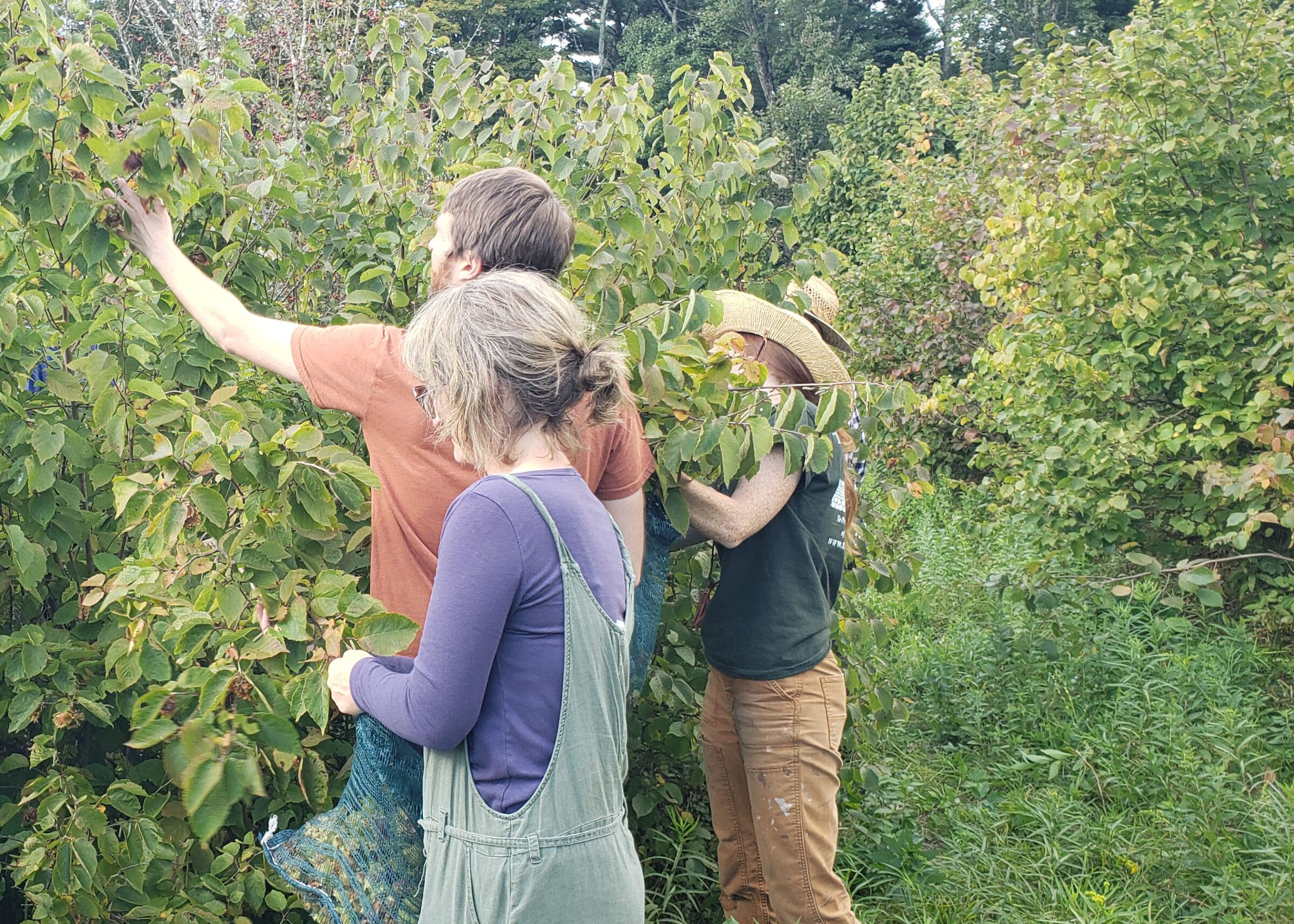
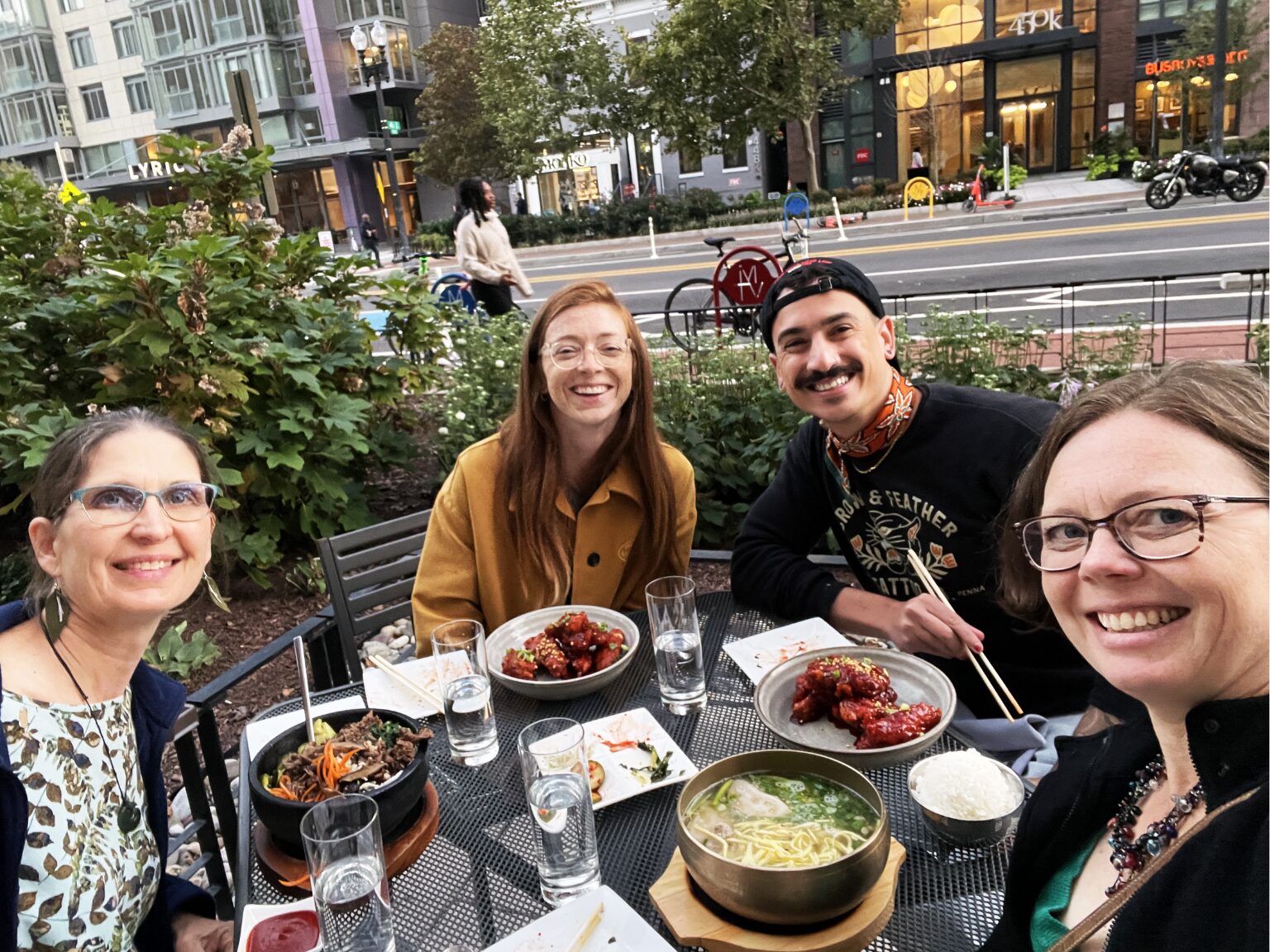
This is great insight. I’ve heard similar takes from others, which is encouraging as I move closer and closer to starting a business. I too was encouraged to see that co-op lecture on the docket at ASLA!
Excited to hear about the launch of your business once you make the leap!